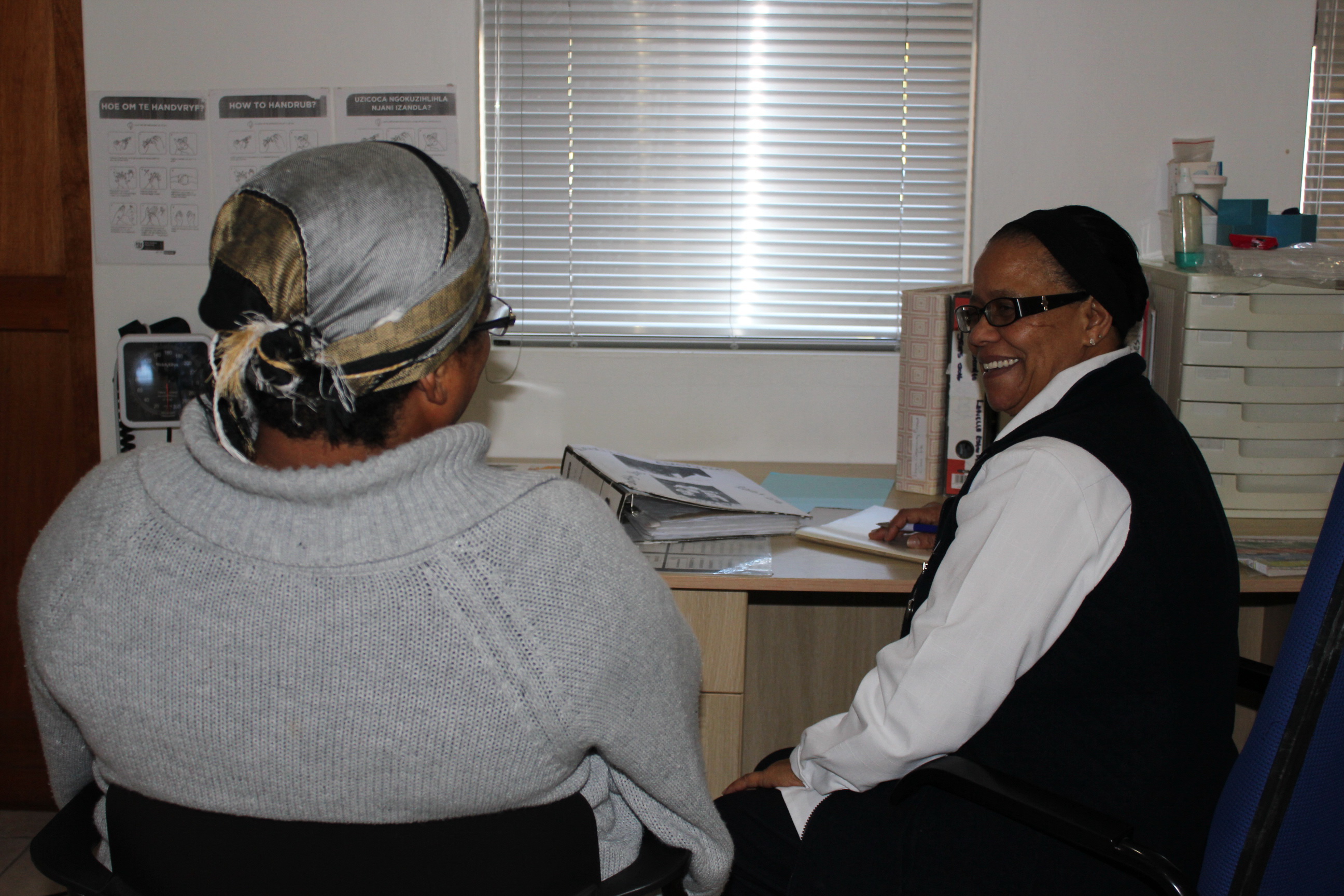
News
There Is No Health Without Mental Health
Sharon Potjies (51) knows all too well what can happen when you try to forget dramatic events without seeking treatment to work through them.
Western Cape Government Health in Eden placed renewed emphasis on mental health during the month of July. Health Minister Nomafrench Mbombo visited numerous facilities in the district as part of her mental health awareness campaign. Facilities also held their own information sessions as well as outreaches during the month.
Mental health statistics for the Eden district dating from 2011 to 2014 has shown that mood disorders and substance abuse are amongs the two highest ranked disorders for which treatment was received. Socio-economic factors such as unemployment and lack of education are among the main contributing factors for the development of mental health disorders. Mental health is a shared burden, as it not only affects the individual but also his/her family and their community. People often don’t understand what such a person is going through and are unable to assist them.
Mood disorders such as depression and anxiety are the two main disorders diagnosed in patients in Eden and are most often viewed as normal stresses of life, but it is when you are unable to cope with these pressures and when it interferes with your normal daily activities that it is a sign that you should seek help.
“My childhood was horrendous. I was the second eldest of 10 children. Both my parents drank heavily and my father was abusive towards my mother. While taking care of my younger siblings when my mom was too drunk to do it herself, I also had to deal with sexual abuse by my father. As a 9-year-old I had to grow up fast and take over some of my mother’s household chores as she was unable to perform them while drunk. I had to make bread, ground coffee, and numerous other chores. I left home when I was 14, trying to escape this nightmare. I had no-one to talk to and did not know of the services and treatments available. Later I also started drinking to cope with my situation and was very short-tempered when my children were young. I stopped drinking in 2002. Although I stopped drinking, I still could not sleep at night. I went to my local clinic thinking something physically was amiss, but after consultation and referral to a psychiatrist, it was established that I had depressive mood disorder. This was also the first time I spoke to someone about my past. I have been on treatment since 2006, and although I still have my off days, they are few and far between. I have only appreciation for all the health staff that have crossed my path and helped me on this journey of healing. I know of many people in my community with similar symptoms that self-medicate or abuse substances to cope. To them I want to say there is help. Go to your nearest clinic or an NGO such as FAMSA. Talk to someone,” she said.
Help is available from a wide variety of professionals, including counsellors, nursing practitioners, social workers, occupational therapists, psychologists, general practitioners and psychiatrists.
Help can be obtained through your local clinic or general practitioner who will be able to recommend specialists. Primary Healthcare (PHC) service offers mental health services, whereby they identify, diagnose and treat common mental health conditions and organise the referral of complicated mental health problems to more appropriate levels of mental healthcare.
Nadia Ferreira
Principal Communications Officer
Eden and Central Karoo Districts
Western Cape Government Health
Kwanokuthula CDC
Plettenberg Bay
Tel: 044 501 5751
Fax: 044 501 5719
Email: Nadia.Ferreira@westerncape.gov.za
Website: www.westerncape.gov.za


